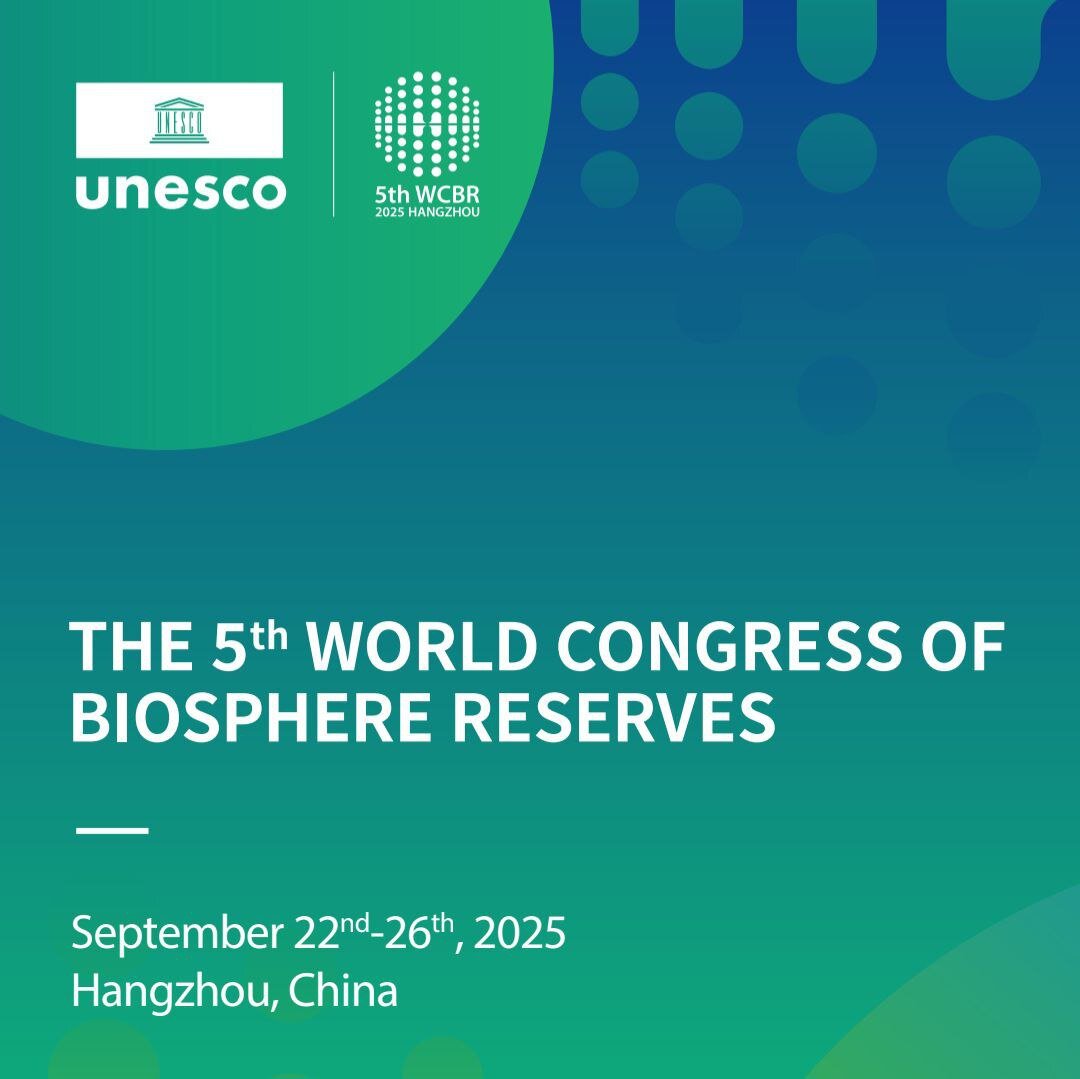Iran attending 5th World Congress of Biosphere Reserves

TEHRAN – An Iranian delegation led by Shina Ansari, the head of the Department of Environment (DOE), is participating in the fifth World Congress of Biosphere Reserves (WCBR), being held from September 22 to 26 in Hangzhou, China.
Held every 10 years, the World Network of Biosphere Reserves comes together to identify priorities, strengthen collaboration, and define a Global Action Plan for the future.
More than 2000 stakeholders—including scientists, policymakers, community leaders, entrepreneurs, and conservationists—will gather to shape the future of UNESCO’s 750+ biosphere reserves across 136 countries.
Discussions will focus on the World Network of Biosphere Reserves’ contributions to the global biodiversity and sustainable development agenda, aligning efforts with key international frameworks such as the Kunming-Montreal Global Biodiversity Framework, the Paris Agreement on Climate Change, and the International Decade of Science for Sustainable Development.
In May, the head of the United Nations Educational, Scientific, and Cultural Organization (UNESCO) Tehran Office, Ieng Srong, invited the country to participate in the 5th WCBR.
Addressing a workshop on “sustainable alternative livelihoods in Iranian biosphere reserves” and a preparatory meeting for the China 2025 WCBR in Shahroud, Semnan province, the official said it is essential to boost cooperation to protect the Earth and promote the well-being of humans. Holding meetings is important for achieving the goal, ILNA quoted Srong as saying.
The workshop was held to commemorate the International Day for Biological Diversity, with heads of thirteen biosphere reserves, professors, and experts attending the event.
Iran is a pioneer in protecting the environment. However, the country is facing several challenges, such as climate change, water scarcity, and drought, which pose serious threats to the country’s environment, the official said.
“Biodiversity and sustainable development strengthen the relationship between humans and the environment. Hence, these three points are of great significance: using natural resources wisely, improving local economies, and maintaining the health of the ecosystems,” Srong added.
The International Day for Biological Diversity is celebrated every May 22. This year, the day highlighted the inherent connections between people and the natural world through the theme, “Harmony with nature and sustainable development”.
It underscored the need to achieve the Kunming-Montreal Global Biodiversity Framework targets to halt and reverse biodiversity loss – interlinked with achieving the 2030 Sustainable Development Goals (SDGs).
UNESCO programs in Iran to include environmental education
Environmental education is placed among the list of major programs of UNESCO in Iran, aiming to develop sustainable solutions and international cooperation to address environmental challenges.
From UNESCO’s perspective, environmental education is a learning process that raises public awareness about the environment and its challenges; it equips individuals with knowledge, skills, values, experiences, and goals to tackle these environmental issues, IRNA quoted Hassan Fartosi, the Secretary General of the UNESCO National Commission in Iran, as saying.
The educational programs include the international hydrology program, the international geoscience and geoparks program, the intergovernmental oceanography program, and the international basic sciences program. Greening education partnership is one of the most important initiatives adopted by UNESCO to support countries in tackling climate change, he said.
MT/MG
Leave a Comment